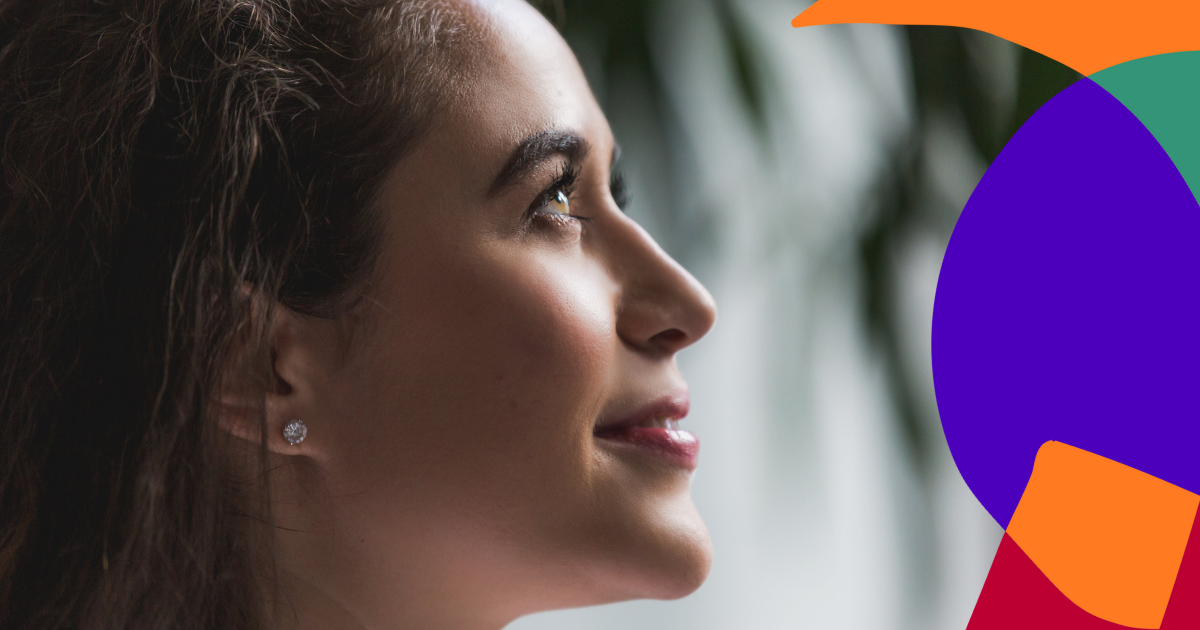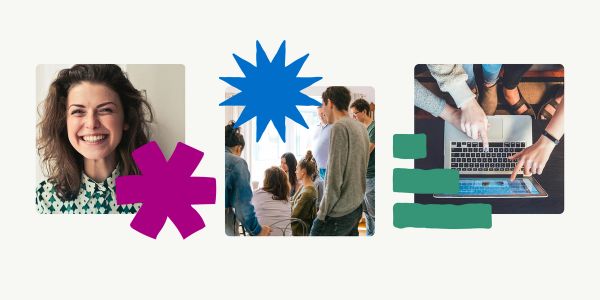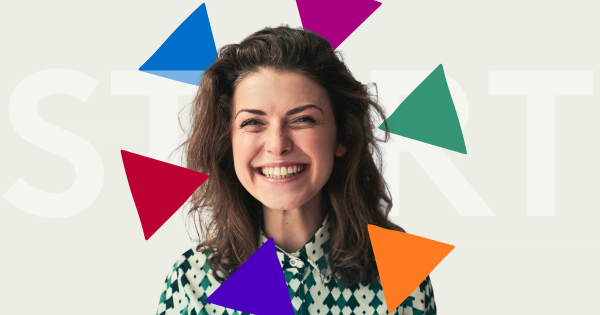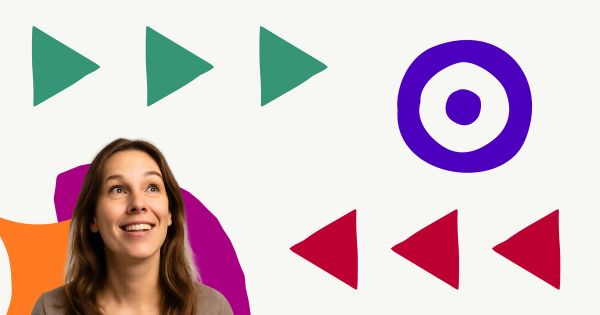Why saying "I don't know" makes you wiser

Knowledge is a currency in 21st-century life; there's power in the phrase "I know". Yet, it's not wisdom, as real wisdom comes from saying, "I don't know, yet".
Knowing the answers, or believing you do, is a sure sign you lack wisdom. There is an allure to feeling like you are an expert and know it all, it likely means though, that you have very little handle on the complexity of the subject.
So, here we want to credit the courageous warrior who stands up and says, "I don't know", and then promptly follows this with "yet". We ought to look to this person for our answers, as they are the people with authentic wisdom, curiosity, and humility to guide us.
A growth mindset
The person who is capable of living life with a beginner's mindset will learn more throughout life. It is good to be considered an expert, however, you become old hat quite quickly without the right mindset. A constant pursuit of more learning refreshes your understanding and application of your area of expertise – and opens possibilities of your best self today being better tomorrow.
How do you develop this mindset?
You ask questions all the time – a certain type of question. If you ask questions that seek to add to your knowledge, you find only that which exists.
"Google, what is the capital of India?" only tells you something that is known. You know the answer, but you do not progress your understanding nor do you provoke creativity.
"Why is the COVID pandemic linked to our concerns about the environment?" requires you to find potential theories, and from this, you will evaluate the credibility of these ideas, and from this depth of thought might come a potential new way of living and being in the world.
Asking reflective and open questions that seek many possible answers might leave you feeling more confused, it does, however, take you a step closer to being wiser.
Constant reflection
At Entelechy, we have built reflection into every part of the process. Why? Well, it is the fundamental learning skill that you can carry with you through life.
Why is it so fundamental?
Well, it takes everyday life and turns it into experience. This morning I made bread. If I did this without reflection, the next time I made bread, it would be as if I was doing it for the first time again. If I worked out what went well with what I did and what I might do differently, I have become a more experienced baker.
Why is it all about experience?
Good question. We assume learning is when we are told something by a teacher or read a clever article on the internet. We take on these teachings and presume we have become cleverer. In fact, we learn all the time. Every day we go about our life, we have the potential to be better than we were yesterday because we have posed questions and thought about how to improve, and show up differently. Even reading articles by eminent professors needs to be met with reflective questions, such as "how would this work for me?"
Why am I so insistent that it is about questions?
I am likely annoying you now with my Socratic questioning. Constantly asking why like this, challenging what has been said a moment before. Yet, this process of thinking and rethinking is the learning process. It is a continual journey of discovery. Socrates wasn't a man who offered answers as such; he offered a thinking process – a dialogic that was later developed further by Plato – to advance our learning. If one of the cleverest men who ever lived believes it's all about questions – who are we to doubt?
But maybe we should.
Because we don't really know, do we?
Why can't it be about answers? That's a question for you.
You may also like

Beyond Skills: Why Human Qualities Matter More Than Ever

Discover Your Strengths - Why One Small Step Can Lead to Big Personal Change
